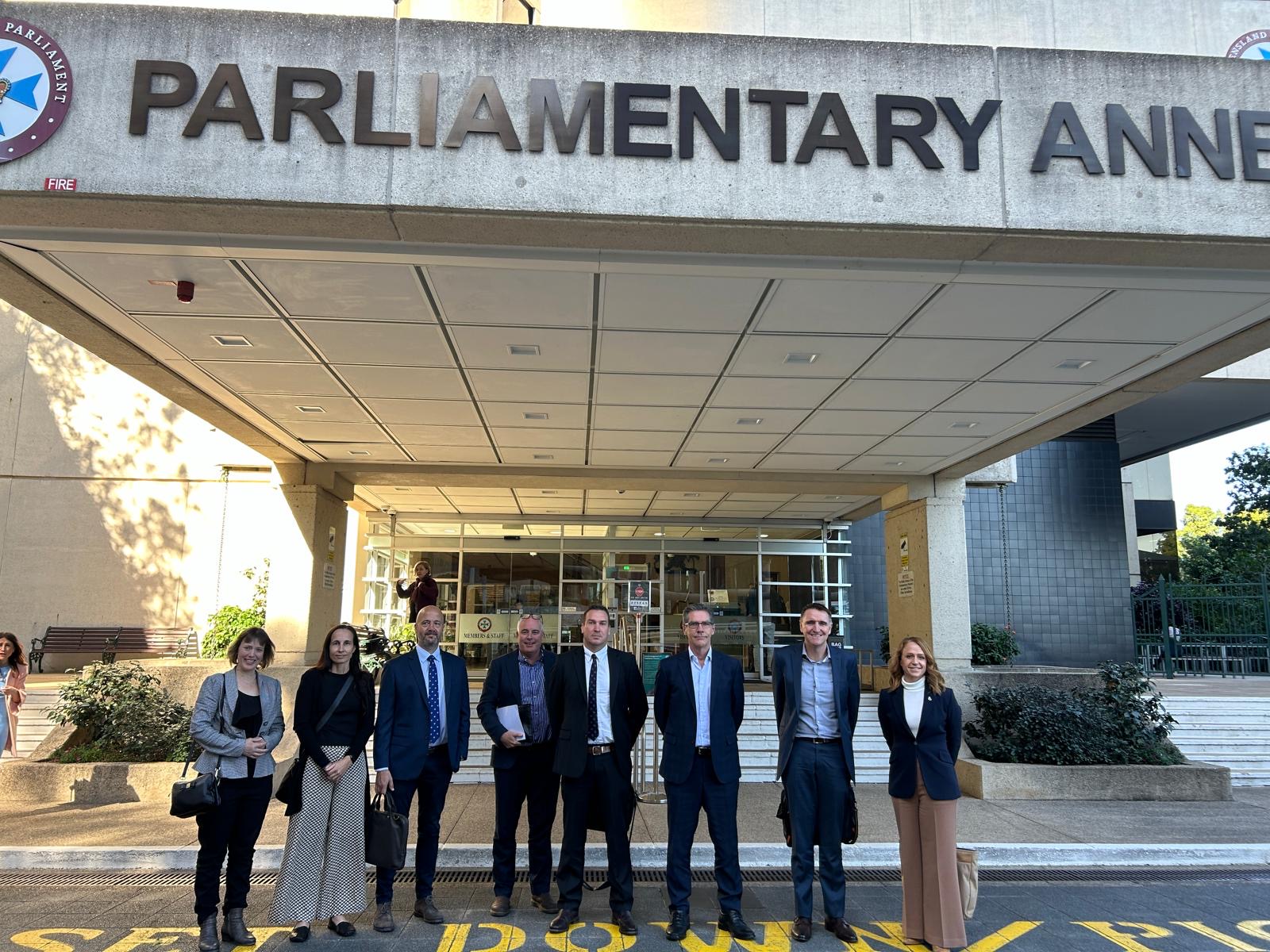Media Release 17 June 2020
Biosecurity Amendment (Traveller Declarations and Other Measures) Bill 2020 introduced into the House of Representatives.
- Bill enables higher value infringement notices to be issued for goods that have not been declared on an incoming passenger card and pose a high biosecurity risk.
- Director of Biosecurity will determine which goods are subject to a higher infringement notice amount.
An amendment to the Biosecurity Act 2015 to strengthen biosecurity penalties was introduced into the House of Representatives today.
Minister for Agriculture, Drought and Emergency Management, David Littleproud, said the Biosecurity Amendment (Traveller Declarations and Other Measures) Bill 2020 is about protecting Australia.
“Australia produces the best agricultural products in the world, but we need to be vigilant to protect Australia from an ever-increasing number of pests and diseases that threaten our country and way of life,” Minister Littleproud said.
“Our biosecurity system safeguards our environment, animal, plant and human health from exotic pests and diseases. It also underpins the productivity and sustainability of our agricultural industries.
“Pests such as brown marmorated stink bug have the potential to decimate our crops and do untold damage to our natural environment, and pose a continual threat.
“Diseases such as African swine fever, would be devastating for our $1.2 billion pork industry, as well as threaten our trade, environment and economy if there were an outbreak in Australia.
“That is why the Australian Government continues to invest millions of dollars into preventing them from entering Australia but we need everyone to do their bit when they travel to our country.
“The Bill enables infringement notices with a higher value to be issued for goods that have not been declared on an incoming passenger card and pose a high biosecurity risk.
“Under the new legislation the Director of Biosecurity will determine which goods pose a high biosecurity risk and can therefore be subject to a higher infringement notice amount than currently applies. Instead of the two penalty units ($420) currently available at the airport, infringement notices may be issued for up to 12 penalty units ($2520). The value of a penalty unit will be indexed on 1 July 2020 ($222 instead of $210).
“This is a response to travellers whether they be Australian citizens, residents or international visitors continuing to enter Australia with high biosecurity risk items and not declaring them.
“By being aware of the risk items, passengers and air crew can help Australia maintain its global reputation for producing high quality food and protect our unique environment.
“We need everyone to get the message, if in doubt just declare it and if you don’t declare it, you will be caught and issued with an infringement notice. “
“This government is serious about biosecurity and this legislation provides us with another tool to manage non-compliance. It builds on changes introduced in 2019 that allow visitors to have their visas cancelled and be refused to be entry into Australia for a serious breach of our biosecurity law.
The new legislation is expected to commence on 1 January 2021.






